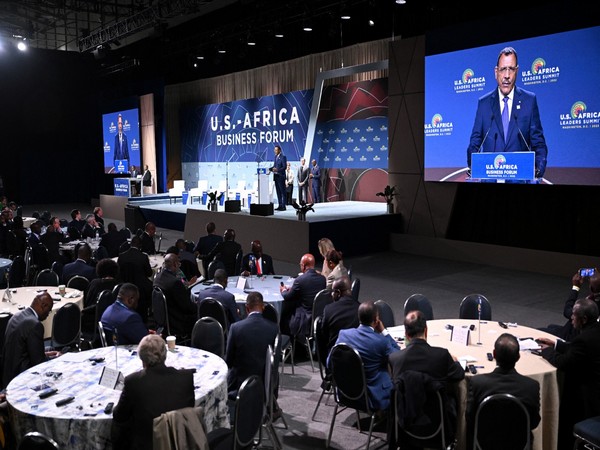
US expands investments in Africa, seals USD 14.2 bn in deals to counter Chinese influence

Washington, DC [US], December 15 (ANI): The United States has engaged in an extensive effort to bolster its ties with African nations, finalising numerous trade and investment agreements totaling USD 14.2 billion in the past year, Voice of America reported.
This initiative aims to counteract the increasing influence of China on the continent. The 547 new agreements, a 67 per cent surge from 2022, signify a significant commitment to fostering economic and strategic partnerships, according to British Robinson, coordinator for the Prosper Africa trade and business initiative.
“The US business and investment community is increasingly recognising Africa’s extraordinary market potential and dynamism. The continent is home to the world’s youngest population, an asset that creates significant opportunities for viable business deals that create jobs and foster shared prosperity,” Robinson emphasised during a virtual media briefing on December 12.
Judd Devermont, US National Security Council senior director for African Affairs, highlighted the record-breaking year in US-Africa relations, with the U.S. on track to fulfil its commitment to invest USD 55 billion over three years. “As we wind down 2023, we have already delivered on more than 40 per cent of this commitment. In fact, by the end of year two, we anticipate surpassing 70 per cent of our goal, if not more,” Devermont stated, outlining the diverse areas where these resources have been applied, according to Voice of America.
The developments follow President Joe Biden’s commitment at the US-Africa Leaders Summit in Washington, where he pledged to intensify US involvement on the continent to counterbalance China’s expanding influence through initiatives like infrastructure projects and loans.
Devermont, Biden’s top Africa adviser, stressed that Africa holds not just economic but also political significance.
“President Biden last year called for the African Union to become a permanent member of the G20, and in September we proudly welcomed this development,” Devermont said, adding, “We’re now advocating for a third seat for Sub-Saharan Africa on the IMF board, and of course we reiterate our call for permanent representation for Africa at the UN Security Council.”
The US has adjusted its investment and trade strategies in regions affected by conflict. In Sudan, for example, sanctions have been imposed not only on individuals but also on companies and various asset classes, according to Jonathan Pratt from the US Department of State Bureau of African Affairs, as reported by Voice of America.
“Sanctions haven’t just been on individuals; they’ve also been on companies and different asset classes. And so that’s one strategy that we’ve used in conflicting countries and locations,” he said.
In countries like Niger, dealing with political unrest, the US prioritises peace through negotiations, supporting sanctions imposed by the Economic Community of West African States (ECOWAS). The US is also open to gradually lifting freezes on assistance and potential investments if these countries return to a democratic path.
“We’ve been very supporting of the ECOWAS (Economic Community of West African States) sanctions that have been put in place. And then to support that effort we have leveraged our own assistance and investments, which we’ve announced very clearly, if the country and the leadership there turns back to a democratic path, we’re willing to explore progressively lifting that freeze in assistance and potential investments,” Pratt said, adding that the US also uses “a combination of sanctions plus leveraging our engagement and assistance.”
Devermont underscored the importance of trade investment and highlighted the significance of the Africa Continental Free Trade Area (AfCFTA).
“One of the most important initiatives that has come out of the continent in the last couple years has been the Africa free – Continental Free Trade Area. And we signed an MOU with the AfCFTA at this summit because the goals of the AfCFTA to unite 1.3 billion people in a single market and to trade a nominal GDP that’s larger than India’s is a huge boon. And in that process, harmonising regulations, reducing trade and non-trade barriers, that will benefit all countries whether they are experiencing a crisis or not.”
In summary, the US is intensifying its engagement with Africa, not only to advance its economic interests but also to counterbalance China’s growing influence and promote stability and democracy on the continent, Voice of America reported. (ANI)

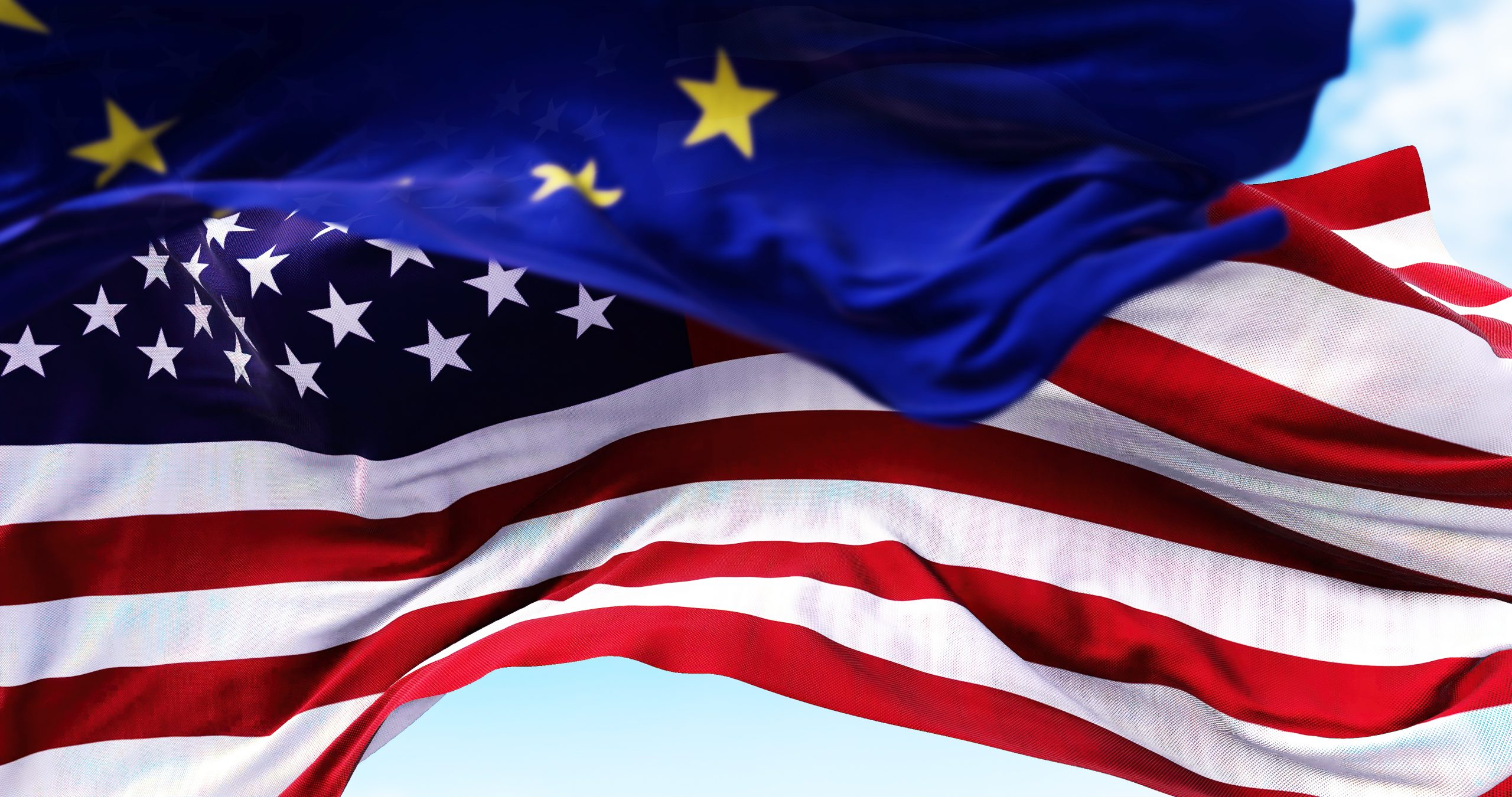
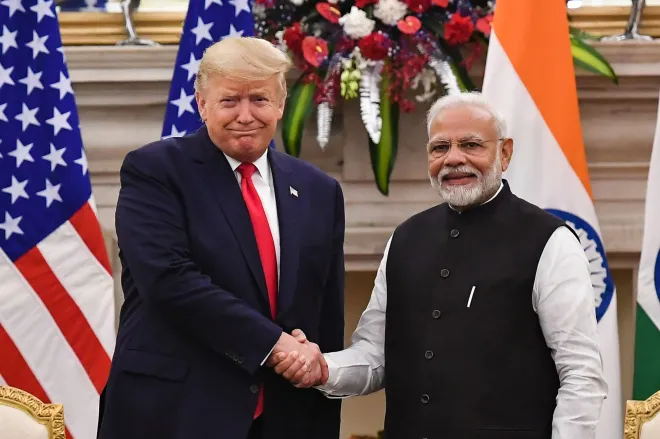
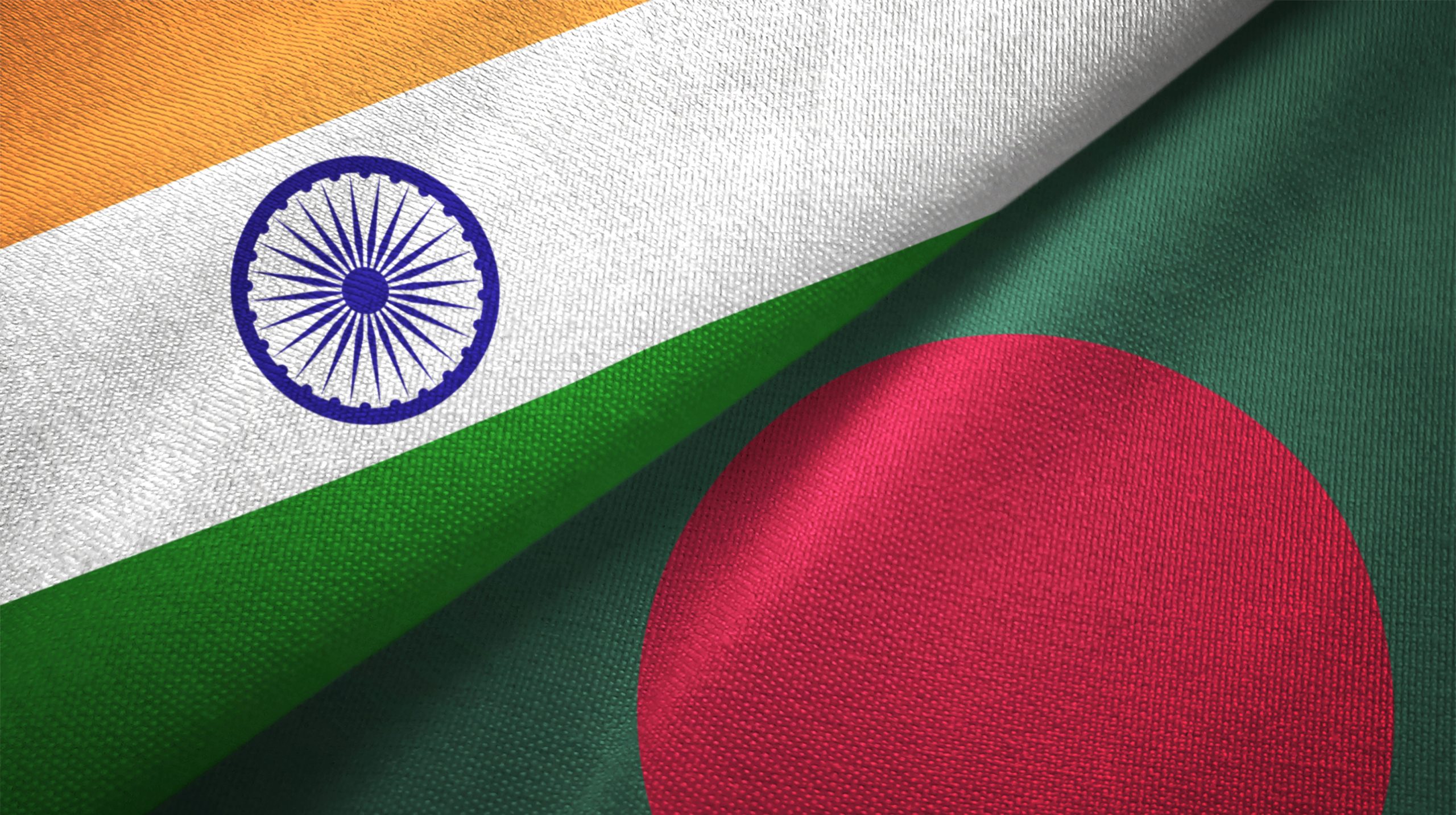
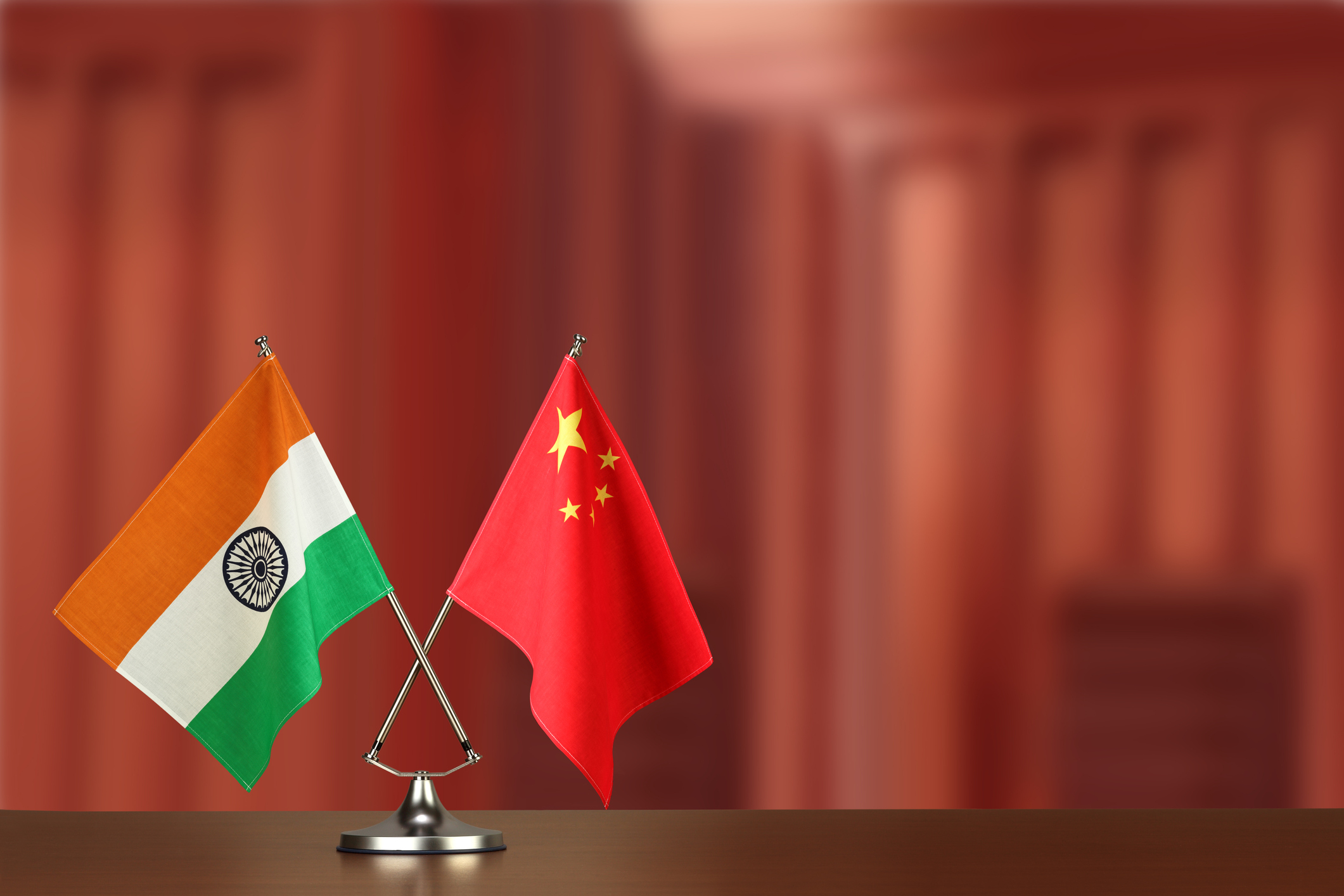
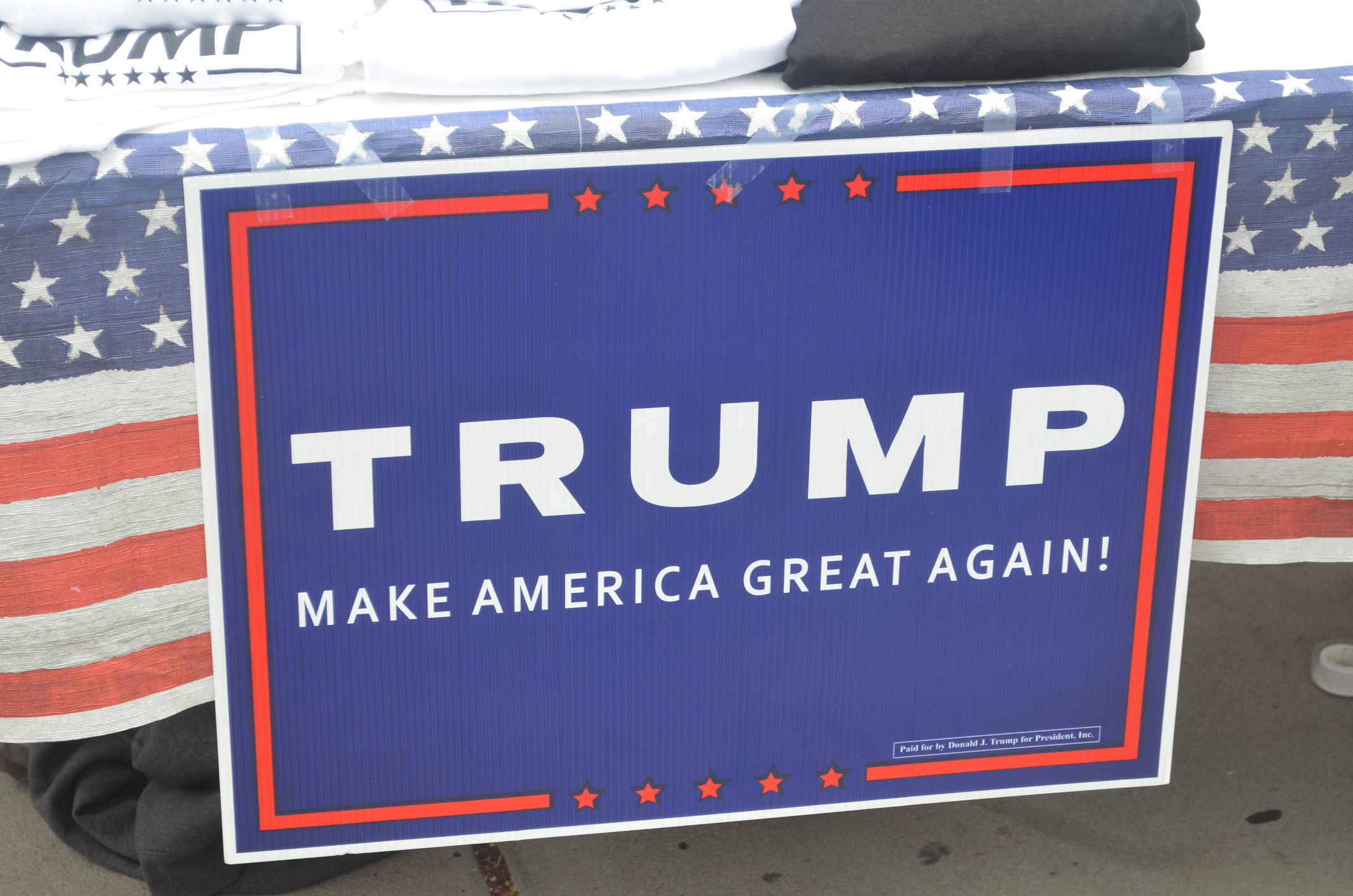



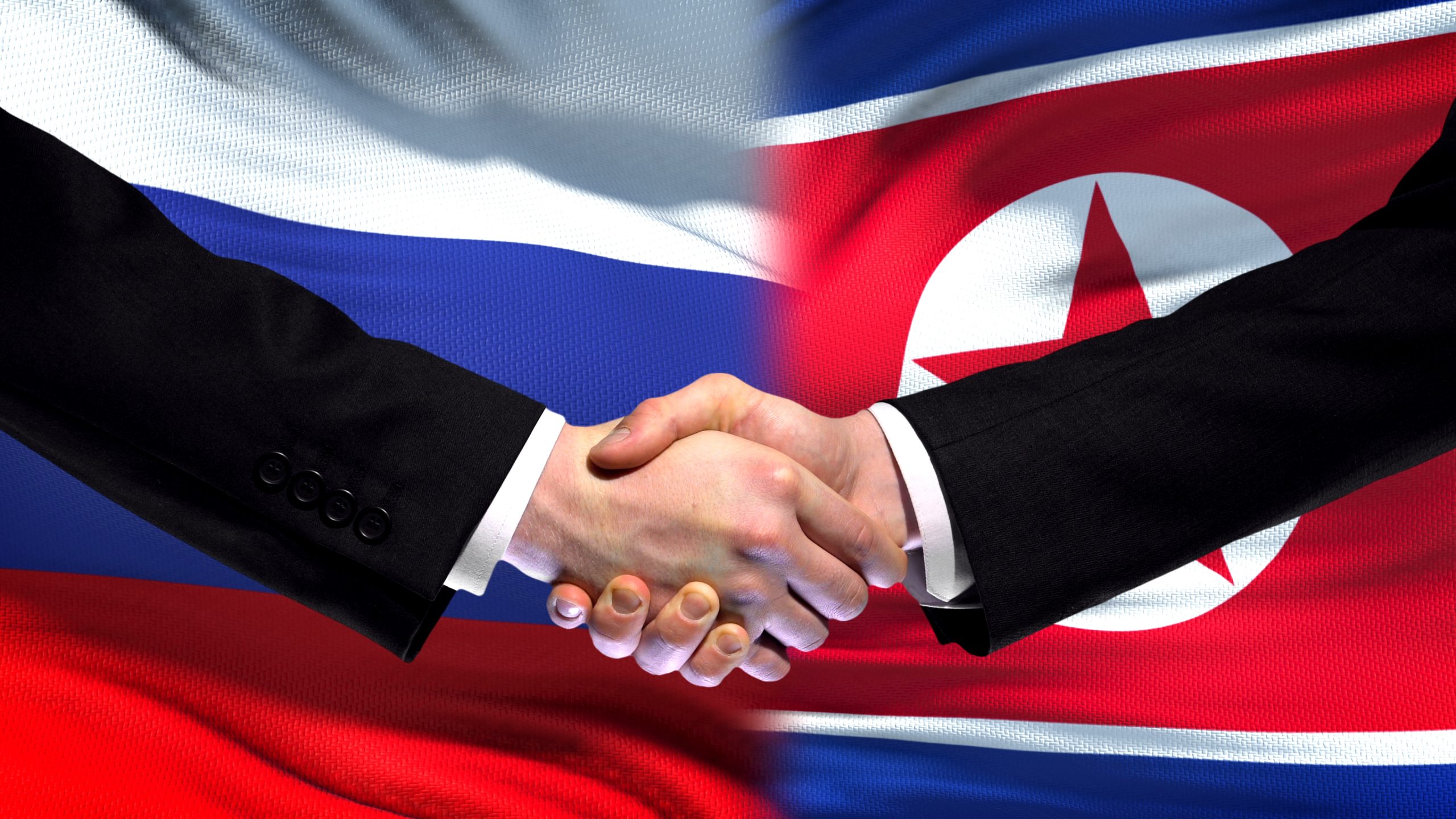
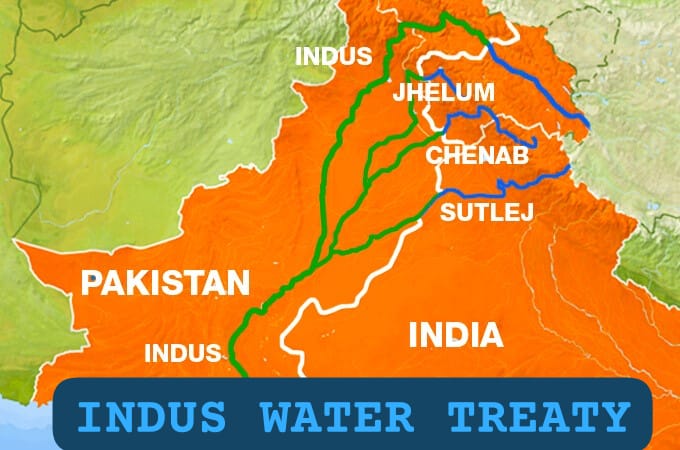






POST COMMENTS (0)